CBD seems to be everywhere these days. From gummies and oils to creams and even beverages, CBD-infused products are popping up in stores and online, capturing the interest of consumers. The CBD industry has seen tremendous growth, with sales booming across the globe, particularly in the United States, where it is now a billion-dollar industry. But what exactly is CBD, how is it made, and why is it so popular? This article will explore these questions, delving into the science behind CBD, its production, and its potential benefits.
CBD, short for cannabidiol, is one of the many compounds found in cannabis plants. Unlike THC (tetrahydrocannabinol), the well-known psychoactive component of marijuana that gives users a “high,” CBD is non-psychoactive. This means that it doesn’t alter your state of mind or produce the euphoric effects commonly associated with marijuana use. Instead, CBD is reputed for its potential therapeutic benefits, which have made it a popular choice for those seeking relief from various ailments without the intoxicating effects of THC.
Cannabis plants can be broadly classified into two types: hemp and marijuana. While both contain CBD and THC, the concentration of these compounds differs significantly between the two. Marijuana plants are rich in THC, the compound responsible for the psychoactive effects. On the other hand, hemp plants contain minimal THC (usually less than 0.3%) but are abundant in CBD. This distinction is crucial because it means that CBD derived from hemp does not produce a high and is legal in many places where marijuana is not.
The process of creating CBD products involves extracting the cannabidiol from the hemp plant. One of the most common methods for extracting CBD is CO2 extraction, a technique that uses pressurized carbon dioxide to pull the desired compounds from the plant material. This process results in a thick, gold-colored oil, which is then used as the base for various CBD products.
CO2 extraction is favored because it is a clean and efficient method that preserves the purity and potency of the CBD. The resulting oil can be used in a wide range of products, from oils and tinctures to edibles like gummies and even beverages such as CBD-infused coffee. The versatility of CBD oil has contributed to its widespread use and the development of numerous CBD-infused products on the market today.
CBD’s rise in popularity is not just a passing trend. Its potential therapeutic effects have garnered attention from both consumers and researchers alike. Many users report that CBD helps them manage a variety of conditions, including anxiety, chronic pain, insomnia, and even more severe medical conditions like epilepsy. In fact, the FDA has approved a CBD-based drug, Epidiolex, for the treatment of certain forms of epilepsy, which underscores the compound’s potential medical value.
Beyond its therapeutic uses, CBD has also found its way into the wellness industry. Products like CBD-infused creams, balms, and even coffee are marketed for their potential to promote relaxation and overall well-being. The idea of incorporating CBD into daily routines, whether through a morning cup of CBD coffee or a nightly application of CBD cream, appeals to those looking for natural ways to enhance their quality of life.
Despite the growing popularity and anecdotal reports of CBD’s benefits, the scientific community is still exploring how exactly CBD works and its effectiveness in treating various conditions. While some studies suggest that CBD has anti-inflammatory, analgesic, and anxiolytic properties, more research is needed to fully understand its mechanisms and potential uses.
One of the challenges in studying CBD is the placebo effect—where users might feel better simply because they believe the product will help them, rather than because of any actual therapeutic effect of the CBD itself. This has led to a mix of skepticism and optimism in the medical community, with ongoing research aimed at providing more definitive answers.
CBD has carved out a significant niche in the wellness and health industries, offering a non-intoxicating alternative for those seeking potential relief from various ailments. Its rapid rise in popularity is backed by both user testimonials and some early scientific research, though much remains to be understood about its full range of effects. As research continues and more is learned about how CBD interacts with the body, its role in health and wellness is likely to become even more prominent.
Whether you’re interested in trying CBD for its potential health benefits or are simply curious about the latest trends, understanding what CBD is, how it’s made, and how it might work can help you make informed decisions about its use. As with any supplement or health product, it’s important to do your research, consult with a healthcare provider, and approach CBD with an open but cautious mindset.
CBD (cannabidiol) is a non-psychoactive compound found in cannabis plants, unlike THC (tetrahydrocannabinol), which is psychoactive and produces a "high." CBD is derived from hemp, which has minimal THC content, making it legal and non-intoxicating.
CBD is commonly extracted from hemp plants using a process called CO2 extraction. This method uses pressurized carbon dioxide to extract CBD in the form of a thick, gold-colored oil, which is then used in various products like oils, edibles, and creams.
While many users report benefits such as relief from anxiety, pain, and insomnia, scientific research on CBD is still ongoing. Some studies support its therapeutic potential, but more research is needed to fully understand how CBD works and its effectiveness.
[magento_products id=”136,140,163,186″]
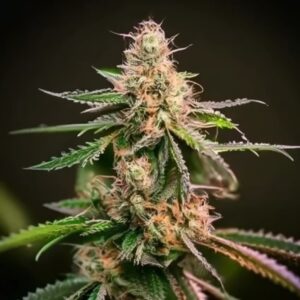


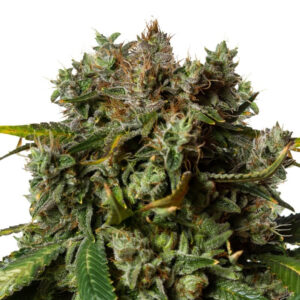

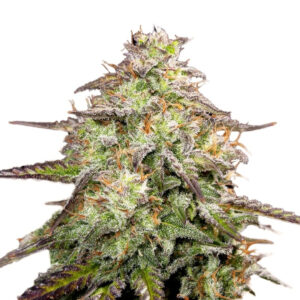
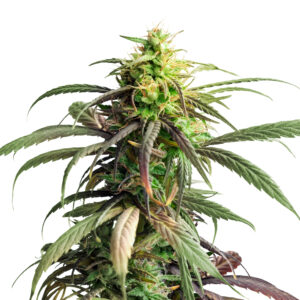






Related Posts
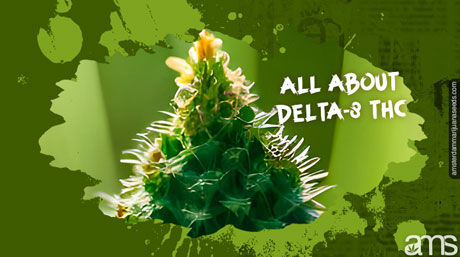
If you keep yourself updated about the ins and outs of information in the hemp and cannabis industry, you must have already heard about this new cannabinoid from the family tearing through the mainstream media.
With over a hundred types of cannabinoids identified now, this newly discovered cannabinoid is making a buzz in the market. Unlike the many well-known cannabinoids…
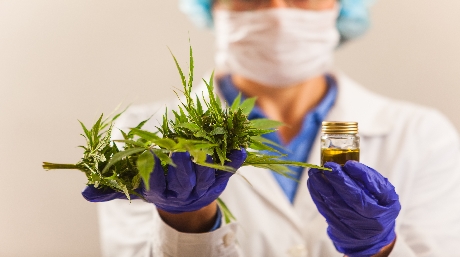
After all, it’s cannabinoids that they can thank for providing them with the relief of pain, anxiety, inflammation, and nausea just to name a few.
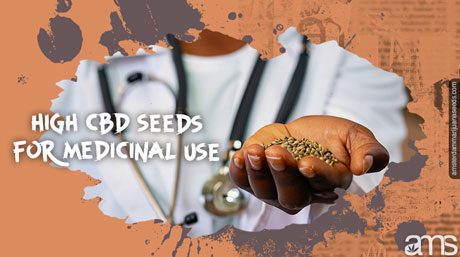
CBD, a non-intoxicating component of cannabis, is noted for its therapeutic properties, offering relief from anxiety and other conditions without the side effects of THC. High-CBD seeds, legal in areas where medical cannabis is permitted, are a popular choice for those seeking natural remedies. These seeds are designed to maximize the therapeutic potential of CBD, making it easy to grow CBD-rich plants for medicinal use.